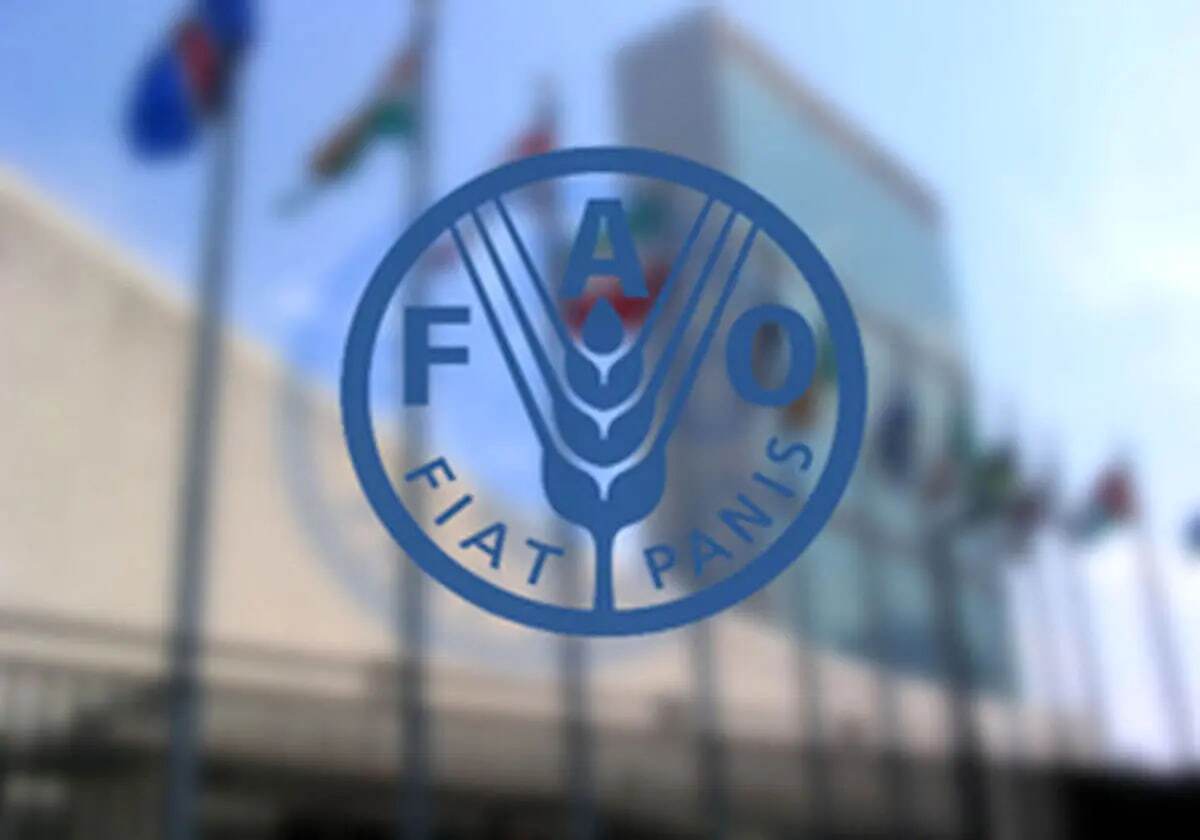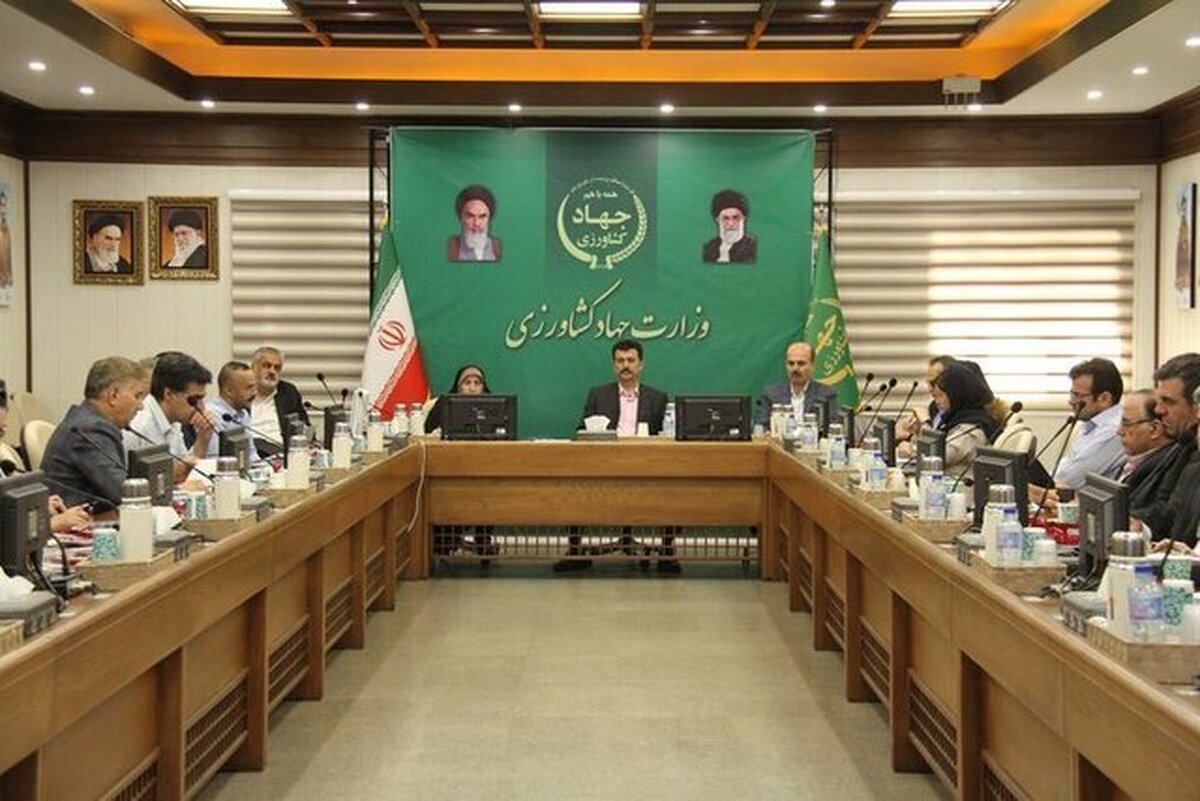
FAO highlights impacts of climate change on food security
EghtesadOnline: The Representation of the Food and Agriculture Organization of the United Nations in the Islamic Republic of Iran observed the World Food Day 2016 at a commemoration ceremony at Vahdat (Roudaki) Hall in Tehran.
The nationally–focused event was conducted in collaboration with the Ministry of Health and Medical Education, the Ministry of Agriculture Jihad and the Federation of the Iranian Food Industries Association, focusing on FAO’s global message for World Food Day 2016 which is “Climate is changing. Food and agriculture must too.”
Mr. Serge Nakouzi, the FAO Representative to Iran referred to the message promulgated by the United Nations Secretary-General for the World Food Day and underscored the need to adopt integrated and innovative approach to ensure food security for all amidst a rapidly growing global population and serve adverse environmental impacts arising from climate change.
“The world’s poorest - many of whom are farmers, fishers and pastoralists - are being hit hardest by higher temperatures and an increasing frequency in weather-related disasters” he added during his opening remarks on the impacts of climate change on local livelihood, reports IRNA.
The FAO envoy elaborated that currently the climate change, manifested in higher temperatures, changing rainfall patterns and increased incidence of extreme weather events such as droughts and floods, has endangered agricultural production in the Near East and North Africa (NENA) region, with effects being particularly noteworthy in Iran.
“Agriculture must therefore transform itself if it is to feed a growing global population and provide the basis for economic growth and poverty reduction,” he noted.
Each year, the Food and Agriculture Organization of the United Nations (FAO) celebrates World Food Day on 16 October to commemorate the founding of the Organization in 1945.
Events are organized in over 150 countries across the world, including Islamic Republic of Iran, making it one of the most celebrated days of the UN calendar.
These events promote worldwide awareness and action for those who suffer from hunger and for the need to ensure food security and nutritious diets for all.
World Food Day is also an important opportunity to send a strong message to the public: we can end hunger in this lifetime and become the Zero Hunger Generation, but everyone needs to work together to achieve the goal which has been enshrined in the Second Sustainable Development Goals endorsed last year by the global community to end hunger in the world by 2030.



